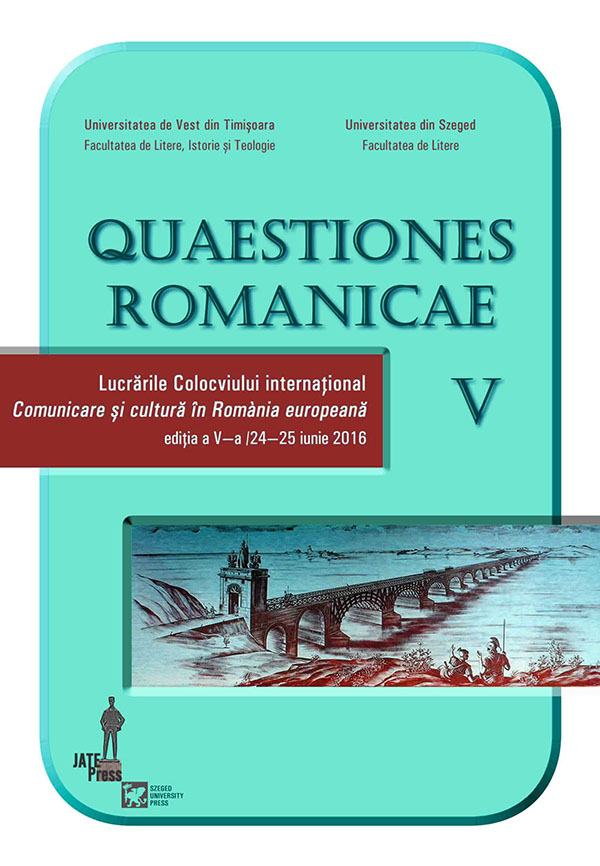Îles et îliens dans Le Chercheur d’or et Révolutions de J.-M.G. Le Clézio
Abstract: (Islands and Islanders in The Prospector and Revolutions of J.-M.G. Le Clézio) Writer JeanMarie Gustave Le Clézio, a cultural icon of the Mauritius Isle, celebrates his Mauritian roots in numerous works which he often paints in fantastic and magical tones, specific to the mythical insular universe. In Revolutions and The Prospector, the image projected by the island constantly oscillates between utopia and dystopia, topophilia and topophobia, paradise and hell. It is an ambiguous universe where any possible explorer is trapped between the happiness of the origins and the alienating isolation, states which he evenly experiences. Le Clézio mourns both the human avidity and the consumerism of the contemporary society. This is another reason why his character readily escapes the urban crowd in order to return to the comforting nature. The revelation that gold is nothing but a deceitful gleam in a greedy mind represents the beginning of a new, spiritually enriched life of a human being who appears no longer prone to decay and death. The gallery of characters who are closely inseparable from the island receive new faces; however they share similarities with the mythic classical characters. Le Clézio’s narrative style betrays regret for the colonial past which the author would have liked to rid himself of. His novels of Mauritian inspiration give him the possibility to unburden himself from an inherited guilt by celebrating otherness, peace and equality.
Keywords: isle, topos, myth, colonial past, otherness.
Résumé: Messager culturel de l’île Maurice, l’écrivain Jean-Marie Gustave Le Clézio célèbre ses racines mauriciennes dans de nombreuses œuvres, souvent colorées de fantastique et de magie, propres à l’univers insulaire mythique. Dans Révolutions et Le Chercheur d’or, l’image que l’île projette oscille toujours entre utopie et dystopie, topophilie et topophobie, paradis et enfer. Espace ambigu, celui qui y débarque est pris, à son tour, entre le bonheur des origines et l’isolement aliénant, états qu’il expérimente en égale mesure. Le Clézio déplore l’avidité humaine, de même que la société contemporaine de consommation. C’est une raison de plus pour que son personnage s’éloigne de bon gré de l’agglomération urbaine pour retourner au sein de la nature réconfortante. La prise de conscience que l’or n’est qu’un leurre qui brille dans l’imaginaire de l’avare est le commencement d’une vie nouvelle, riche spirituellement parlant, d’un être qui ne semble plus altérable et mortel. La galerie des personnages inséparables à l’île reçoit de nouveaux visages, reconnaissables pourtant dans les figures mythiques classiques. L’écriture leclézienne trahit un regret vis-à-vis du passé familial colonial duquel l’auteur voudrait bien se défaire. Ses romans d’inspiration mauricienne lui offrent la possibilité d’expier une faute qu’il hérite, par l’intermédiaire d’une œuvre qui valorise l’altérité, la paix et l’égalité.
Mots-clés: île, topos, mythe, passé colonial, altérité.
